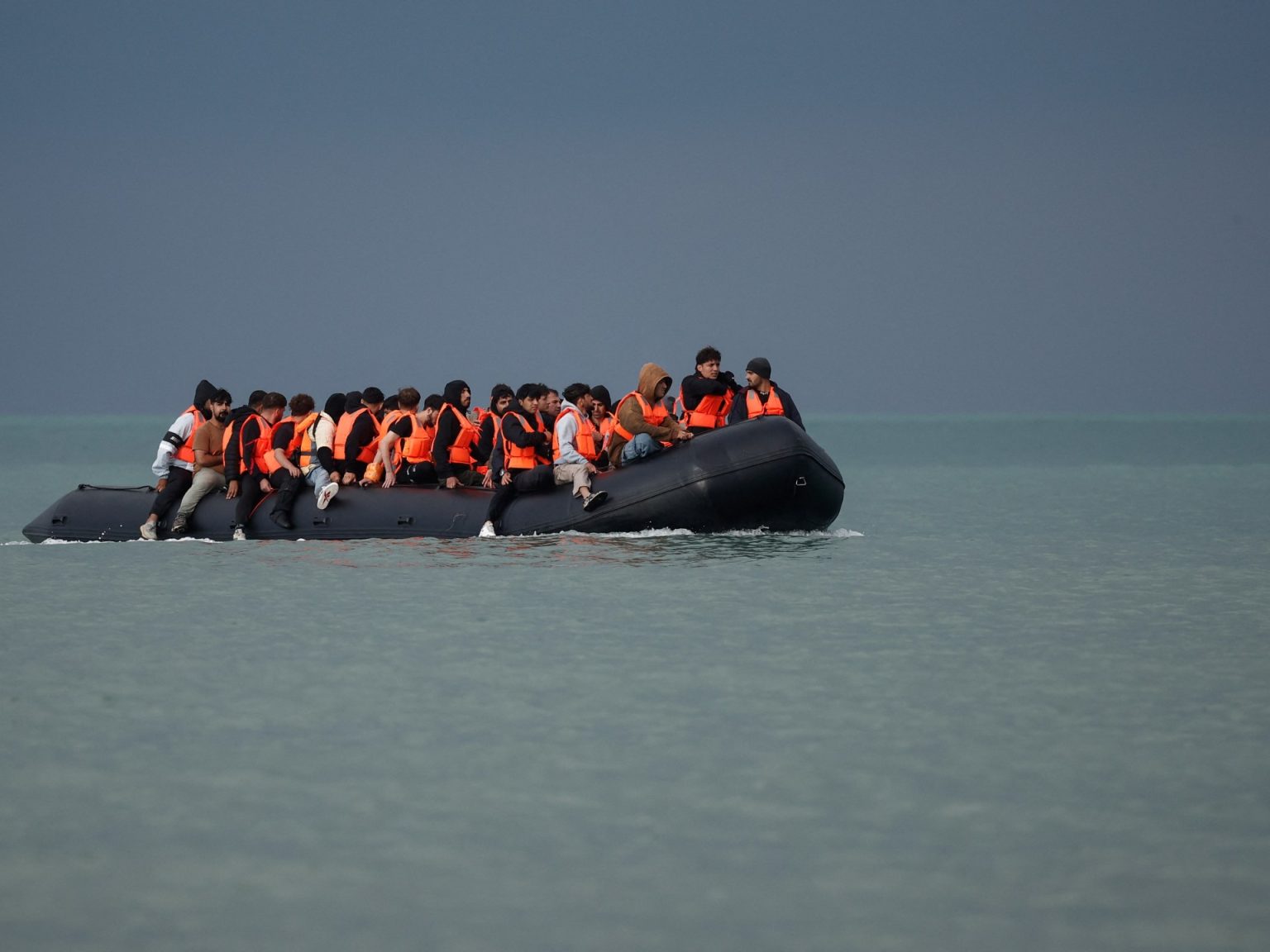A tragic incident occurred on December 19 when a makeshift boat carrying approximately 80 people capsized off the coast of Morocco on its way from West Africa to Spain’s Canary Islands. The boat was carrying mostly African migrants, including 25 Malians. Sadly, only 11 people managed to survive the incident, leaving at least 69 individuals dead. A crisis unit has been established by Malian authorities to monitor the situation and gather information to understand the circumstances surrounding the tragic event.
Many of the victims from Mali hailed from the Kayes region, located in the western part of the country. According to Doulaye Keita, an adviser to the Ministry of Malians Abroad, a significant number of the deceased individuals were from this region. Mamadou Siby, the mayor of the commune of Marena in the Kayes region, shared that eight of the Malian victims were from his commune. These young men had left their homes seven months ago to find work in the construction industry in Mauritania. Unfortunately, they were influenced by friends in Europe and America to attempt the dangerous journey to a new country without informing their families back home.
The Atlantic migration route from West Africa to the Canary Islands via Morocco has become increasingly popular among African migrants seeking to reach mainland Spain. The route has seen a substantial increase in crossings this year, with over 41,000 arrivals from January to November alone, surpassing last year’s record numbers. Sustained conflict in the Sahel region, high levels of unemployment, and the impact of climate change on farming communities are some of the factors driving people to risk their lives on this perilous journey.
The Atlantic migration route is known to be the most dangerous in the world, with migrant aid group Walking Borders reporting that more than 10,000 people lost their lives trying to reach Spain by sea this year. The group highlighted the departure point from Mauritania as particularly deadly, with 6,829 deaths recorded. Walking Borders attributed the high number of fatalities to the lack of timely action or arbitrary rescues, as well as the criminalization of migrants. Governments were criticized for prioritizing immigration control over the fundamental right to life, leading to an increase in deaths at sea.
The tragic incident highlights the ongoing humanitarian crisis faced by African migrants attempting dangerous sea crossings in search of a better life in Europe. The desperation driving individuals to embark on such perilous journeys underscores the urgent need for comprehensive solutions to address the root causes of migration, including conflict, poverty, and climate change. Efforts to enhance search and rescue operations, provide safe and legal pathways for migration, and uphold human rights are crucial in preventing further loss of life in the treacherous waters of the Atlantic. It is a stark reminder of the human cost of irregular migration and the need for international cooperation to protect the rights and safety of all individuals on the move.













